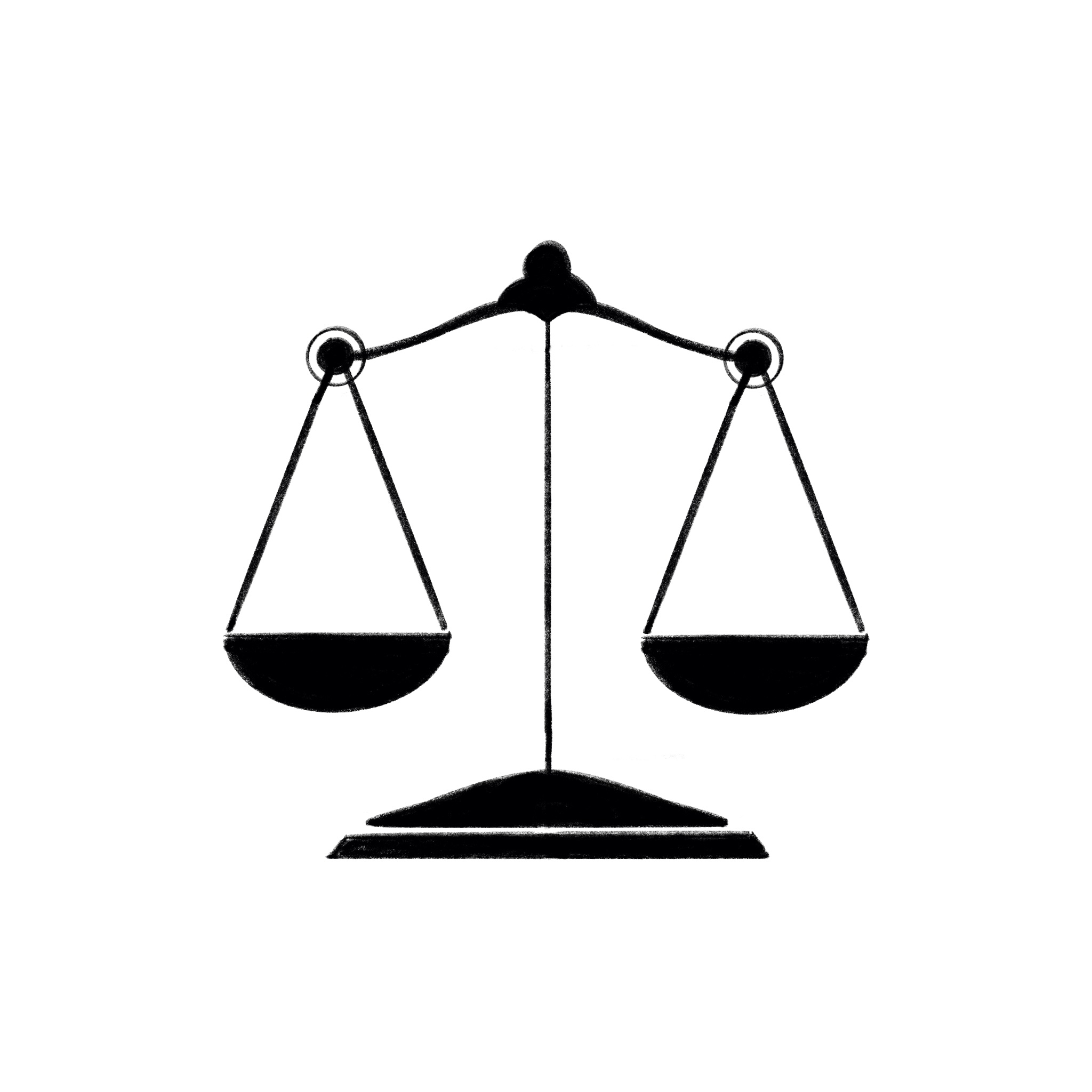Aeschylus: Justice born from tragedy
March 28, 2025
 Henry Abbott
Henry AbbottThe beginning of Aeschylus’ “Eumenides” is frustratingly parochial. The entire trilogy, really—“The Oresteia”—is infamous among classicists for its difficulty in the original Greek: rare words, archaic grammar, tangled syntax that makes translation a task of genuine suffering. Translator Emily Wilson, of “Odyssey” and “Iliad” fame, once distilled an entire scholarly tradition into a single line: “Aeschylus really is quite a difficult poet.”
This may be one of the greatest understatements in classical scholarship.
But “The Oresteia” is not just difficult in its language but in its discernment. It is a play about justice—about what happens when the law fails and vengeance must answer. It begins with a murder committed in the name of the country: Agamemnon sacrifices his daughter, Iphigenia, to secure favorable winds for Troy. His wife, Clytemnestra, responds by killing him upon his victorious return. Their son, Orestes, then kills her to avenge his father. Each act is justified. Each act is unforgivable.
And by the time we reach “Eumenides,” the final play, Orestes is pursued across the earth by the Furies—spirits of vengeance older than the gods themselves—until he is put on trial in the first courtroom in Athens. What begins in blood ends, ostensibly, in law.
I will be honest: I almost cut Aeschylus from this column series. I considered writing about Sappho or Euripides instead—writers who, unlike Aeschylus, do not require a commentary and several dictionaries just to be read. But, neglect of Aeschylus is a neglect of some of the first great lines of tragedy, ones that echo in “Hamlet,” “Macbeth” and even “500 Days of Summer.” “I have killed the man who was my husband, and I have avenged my daughter.” And then another: “Now I see that all we do, or think, or say, is haunted by the ghosts of vengeance. We cannot run, nor turn aside, nor plead for mercy. The gods demand their due, and Fate’s decree is never void.”
This is why Aeschylus remains. Not because he is difficult, but because he is inexorable. He writes in iron and stone. He does not entertain, he does not soothe—he demands something from you. And that demand is suffering. To read Aeschylus is to be seized by the wrist and dragged through a world where justice is not a principle but a debt, measured out in cycles of blood. Where law is not a structure of reason but the last resort of a people too exhausted to continue killing.
“The Oresteia” is not a meditation—it is a reckoning. It does not ask whether justice is possible; it asks what it costs. The gods do not justify, they consume. They devour, and they call it law. We are meant to believe that we escape this cycle, that law ends the blood-feud, that reason triumphs over wrath. But the play itself is less certain. The Furies, who have pursued vengeance for all time, are not vanquished; they are renamed. The darkness does not disappear; it is made to kneel beneath the robes of the court. Justice, the play tells us, is no longer personal but institutional. But does that make it different? Or does it only make it more acceptable?
“Eumenides” wants to convince us that this transformation is real. That we have stepped out of vengeance and into something new. That by placing justice in the hands of the city, we are no longer bound to the horror of retribution. But I do not believe in assurances. And neither, I think, does Aeschylus.
What haunts “The Oresteia” is that it never quite silences the scream in the dark. It never quite convinces us that the old ways are gone. The “Eumenides” may bring an end to the curse of the House of Atreus, but it does not erase the history that made the curse possible. It does not promise that another cycle will not begin elsewhere, for someone else. Justice may move from knife to trial, but it does not move beyond the weight of history, beyond the terror of consequence.
I read Aeschylus because he strips away our illusions. He does not permit the comforting myth that justice is born from peace. He makes us look directly at the blood that birthed the law, the agony that underwrites our institutions. In his hands, justice is not the triumph of order over chaos—it is the compromise that emerges when exhaustion overtakes vengeance. The courts are not clean slates but sanctuaries built atop altars of sacrifice. And when we speak of principles, we are often only invoking the ruins of something older, something darker, something we have renamed but never erased.
Aeschylus is difficult not because he is ancient, but because he is honest. He offers no reassurances, no resolutions we can trust. He reminds us that the distance between us and the world of blood feuds is paper-thin—measured not in centuries, but in rituals, in words and in robes.
And that is why we must read him: because in refusing to look away, he teaches us what it means to see.

Comments
Before submitting a comment, please review our comment policy. Some key points from the policy: